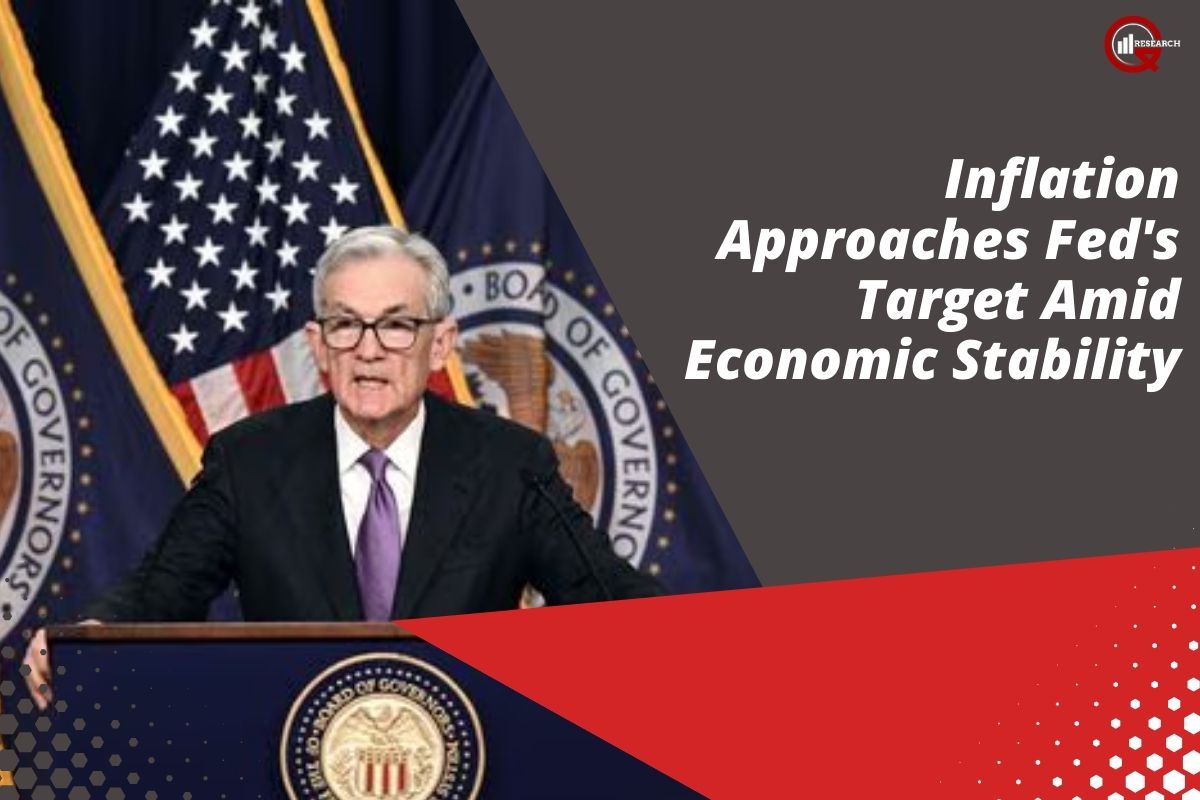(Source – Mint)
As anticipation mounts for Friday’s report from the Commerce Department, analysts are optimistic about inflation inching closer to the Federal Reserve’s target. Projections indicate that April’s figures for personal consumption expenditures (PCE) prices are expected to show a 2.7% annual rate of inflation, encompassing both overall inflation and the core measure, which excludes food and energy costs, according to Dow Jones estimates.
If these predictions materialize, it would signal a slight decrease in the core measure and minimal change in the overall rate compared to previous months. Economists are particularly interested in scrutinizing both the annual and monthly measures, with expectations of core inflation slowing to 0.2%. This trend signifies progress in alleviating price pressures on consumers.
Scheduled for release at 8:30 a.m. ET, the impending report is likely to indicate another incremental step toward the Federal Reserve’s 2% target. Despite the optimism surrounding this development, experts caution that challenges may still lie ahead.
Understanding Inflation Dynamics Poses Challenges
The complexities of understanding inflation dynamics present a significant challenge for policymakers. The Fed employs various metrics, including the “super-core” level, which excludes food, energy, and housing costs, to gauge longer-term patterns.
However, expectations of cooling housing inflation have not materialized as expected, adding complexity to the inflation discourse. Additionally, while the Fed favors the PCE measure for its ability to capture shifts in consumer behavior, the public often focuses on the Labor Department’s consumer price index (CPI), which indicates higher inflation trends.
Market Sensitivity and Forward Guidance
Market reactions to inflation movements are keenly observed, particularly in their influence on the central bank’s interest rate decisions. Current market expectations lean towards just one rate cut this year, likely in November, according to the CME Group’s FedWatch measure of futures pricing.
Matthew Ryan, Head of Market Strategy at Ebury, highlights economists’ positive outlook for a lower monthly reading in the upcoming PCE report compared to the CPI. Any deviation from these expectations could prompt further deliberation on the prospects for rate cuts in 2024.
New York Fed President John Williams anticipates a gradual decline in PCE inflation, reaching approximately 2.5% by year’s end and aligning with the 2% target by 2026. Williams attributes this trend to dynamic supply dynamics and increasing productivity within the economy, albeit acknowledging the uncertainty surrounding future developments.
As stakeholders eagerly await the report’s release, they anticipate gaining valuable insights into inflation dynamics and their implications for monetary policy moving forward.






